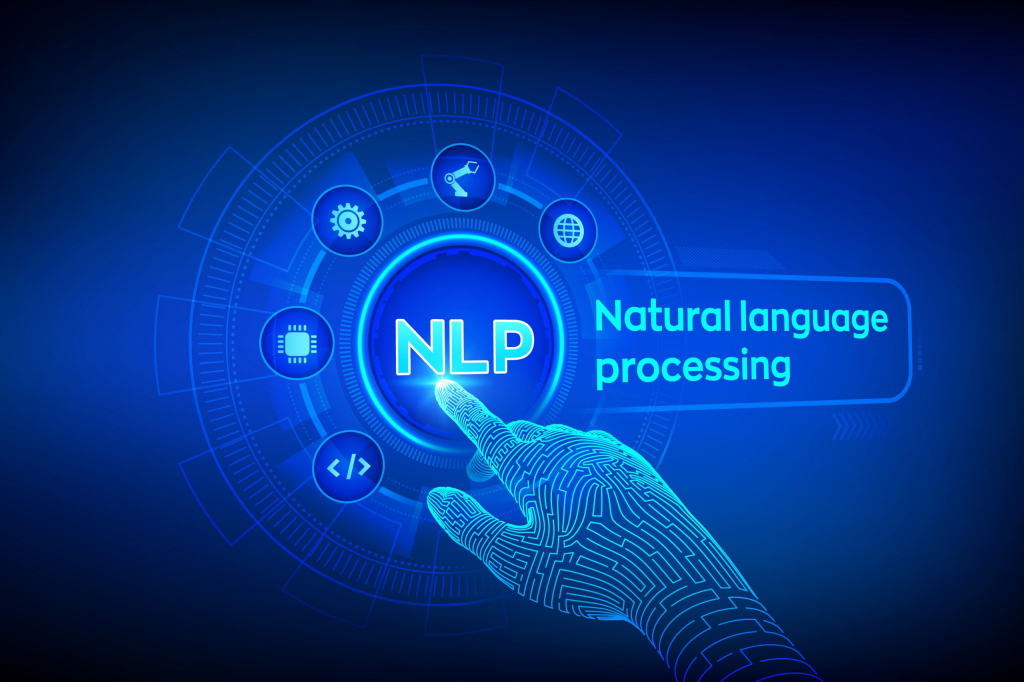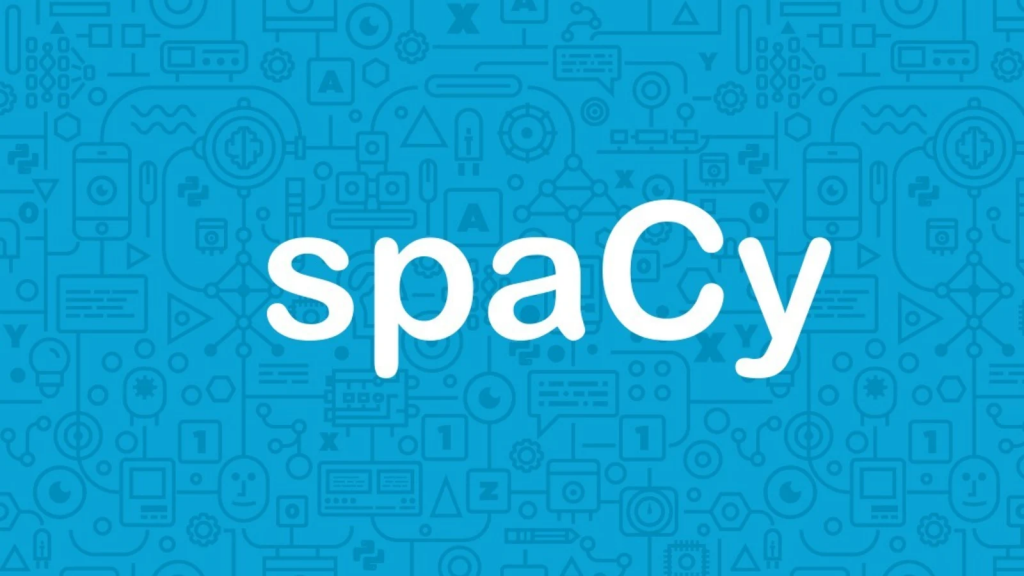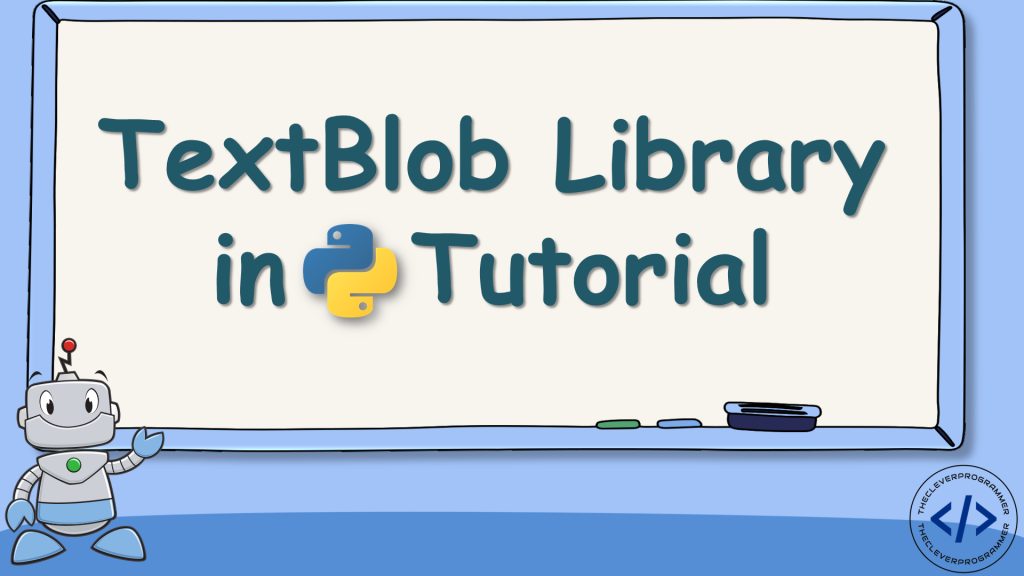
Are you looking for the best natural language processing (NLP) libraries out there? Look no further! In this article, we’ve compiled a list of the top NLP libraries that will take your text analysis game to the next level. From sentiment analysis to part-of-speech tagging and everything in between, these libraries have got you covered. So without further ado, let’s dive in!
NLTK (Natural Language Toolkit)
Let’s start with the granddaddy of them all: NLTK. This open-source library is widely regarded as the go-to NLP library for beginners and experts alike. It’s built on Python and provides a wide range of tools for tasks such as tokenization, stemming, and parsing. NLTK also comes with a vast corpus of text data, making it an excellent resource for language modeling and other research projects.
SpaCy

SpaCy is another popular Python-based NLP library that excels in speed and efficiency. It’s known for its ability to handle large datasets and is often the go-to choice for production-level NLP applications. SpaCy provides a wide range of features, including named entity recognition, dependency parsing, and semantic similarity analysis.
Stanford CoreNLP
Stanford CoreNLP is a suite of NLP tools developed by Stanford University. It’s written in Java and provides a wide range of features, including part-of-speech tagging, named entity recognition, and sentiment analysis. Stanford CoreNLP is often used in academic and research settings, but it’s also suitable for production-level applications.
Gensim
Gensim is a Python-based library that specializes in topic modeling and similarity analysis. It’s often used for tasks such as document clustering and information retrieval. Gensim provides a wide range of algorithms for topic modeling, including Latent Dirichlet Allocation (LDA) and Hierarchical Dirichlet Process (HDP).
TextBlob

TextBlob is a Python-based library that provides an easy-to-use interface for NLP tasks. It’s built on top of NLTK and provides a wide range of features, including sentiment analysis, part-of-speech tagging, and noun phrase extraction. TextBlob also has a simple API, making it an excellent choice for beginners.
AllenNLP
AllenNLP is a Python-based library that specializes in deep learning for NLP tasks. It’s built on top of PyTorch and provides a wide range of pre-trained models for tasks such as named entity recognition and semantic role labeling. AllenNLP also provides an easy-to-use interface for building custom models.
StanfordNLP
StanfordNLP is another suite of NLP tools developed by Stanford University. It’s built on Python and provides a wide range of features, including tokenization, part-of-speech tagging, and dependency parsing. StanfordNLP also provides pre-trained models for a wide range of languages, making it an excellent choice for multilingual applications.
Kaldi
Kaldi is a C++-based library that specializes in speech recognition and speaker diarization. It’s often used for tasks such as transcription and keyword spotting. Kaldi provides a wide range of pre-trained models and algorithms for speech recognition, making it an excellent choice for audio-based NLP applications.
OpenNLP
OpenNLP is a Java-based library that provides a wide range of NLP tools, including part-of-speech tagging, named entity recognition, and chunking. It’s often used in production-level applications and provides an easy-to-use interface for building custom models.
Apache Lucene

Apache Lucene is a Java-based library that specializes in information retrieval. It’s often used for tasks such as search engine development and document clustering. Apache Lucene provides a wide range of algorithms for information retrieval, including TF-IDF and BM25.
In conclusion, these are just a few of the many NLP libraries available out there. Each library has its own strengths and weaknesses, so it’s important to choose the one that best fits your specific needs. Whether you’re a beginner or an expert, these libraries will help you take your NLP game to the next level. So what are you waiting for? Start exploring!

👤 About the Author
Ashwani is passionate about DevOps, DevSecOps, SRE, MLOps, and AiOps, with a strong drive to simplify and scale modern IT operations. Through continuous learning and sharing, Ashwani helps organizations and engineers adopt best practices for automation, security, reliability, and AI-driven operations.
🌐 Connect & Follow:
- Website: WizBrand.com
- Facebook: facebook.com/DevOpsSchool
- X (Twitter): x.com/DevOpsSchools
- LinkedIn: linkedin.com/company/devopsschool
- YouTube: youtube.com/@TheDevOpsSchool
- Instagram: instagram.com/devopsschool
- Quora: devopsschool.quora.com
- Email– contact@devopsschool.com

